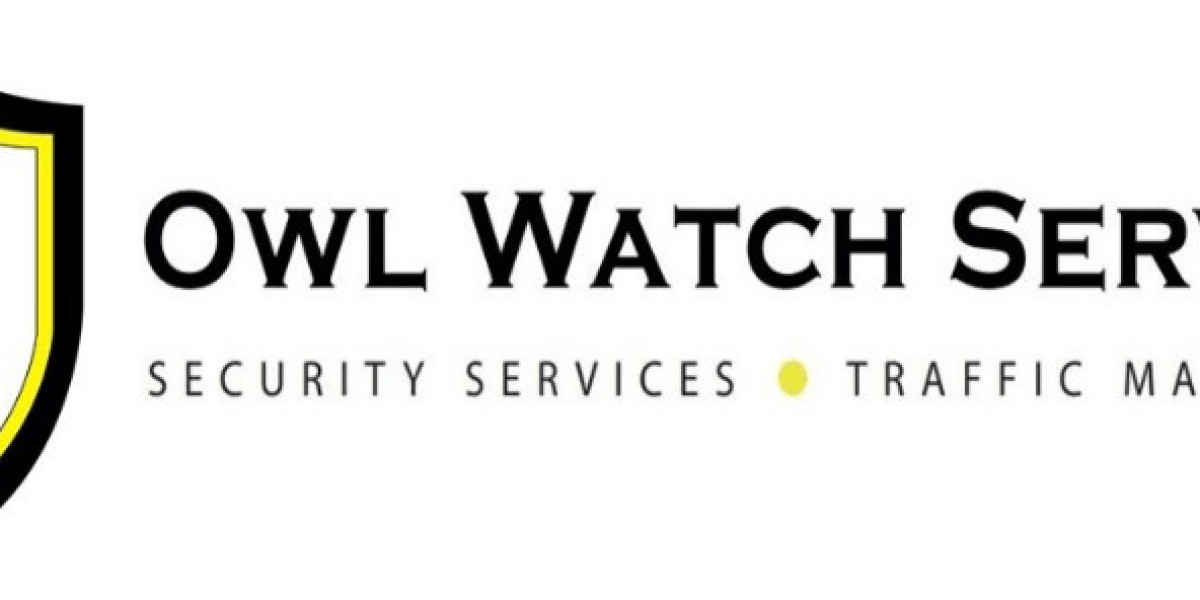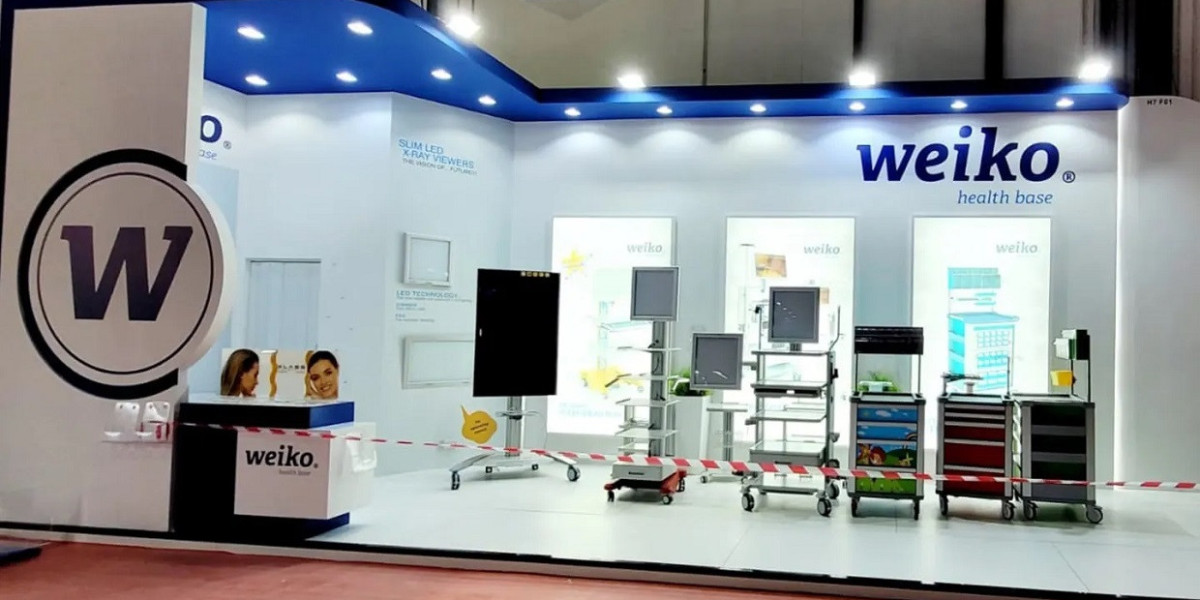Introduction
In an increasingly complex world, ensuring the security of your assets—whether personal or business—is paramount. Access control security services offer a crucial layer of protection, managing who can access specific areas and information. This article provides an in-depth exploration of access control security services, covering their importance, various types, benefits, and how to choose the right provider.
What Are Access Control Security Services?
Access control security services are designed to regulate and monitor access to physical and digital assets. They ensure that only authorized individuals can enter specific areas or access sensitive information. These services are integral to maintaining security in various settings, including businesses, government buildings, and private properties.
Key Components of Access Control Systems
Authentication Methods
- Card Readers: Use physical cards or key fobs to grant access.
- Biometric Scanners: Utilize fingerprints, facial recognition, or iris scans.
- PIN Codes: Require users to enter a personal identification number.
Access Control Panels
- Centralized Systems: Manage access for multiple doors and areas from a single panel.
- Decentralized Systems: Each door or area has its own control unit.
Access Control Software
- Management Platforms: Allow administrators to set permissions, monitor access, and generate reports.
- Integration Capabilities: Connect with other security systems, such as CCTV and alarm systems.
Locks and Barriers
- Electronic Locks: Operated via remote control or access cards.
- Physical Barriers: Include gates, turnstiles, and security doors.
Surveillance Systems
- CCTV Cameras: Monitor and record activity around access points.
- Motion Detectors: Alert security personnel to unauthorized movements.
Types of Access Control Security Services
1. Physical Access Control
Physical access control focuses on restricting entry to buildings, rooms, or secure areas. It includes:
- Keycard Systems: Users must swipe a card to gain access.
- Biometric Systems: Uses unique biological traits for authentication.
- Smart Locks: Controlled via mobile apps or remote systems.
2. Logical Access Control
Logical access control manages access to digital assets and networks. It involves:
- User Authentication: Ensures only authorized users can access systems.
- Password Protection: Requires strong, regularly updated passwords.
- Two-Factor Authentication (2FA): Adds an extra layer of security by requiring a second form of identification.
3. Integrated Access Control
Integrated access control combines both physical and logical access control systems, providing a comprehensive security solution. This approach allows for:
- Unified Management: Control both physical and digital access from a single platform.
- Enhanced Security: Coordinated monitoring and reporting across all access points.
Benefits of Access Control Security Services
Implementing access control security services offers numerous advantages:
1. Enhanced Security
Access control systems prevent unauthorized access to sensitive areas and information, reducing the risk of theft, vandalism, and other security breaches.
2. Improved Monitoring
With access control systems, you can track and record who enters and exits specific areas, providing valuable insights and evidence in case of incidents.
3. Increased Efficiency
Automated access control reduces the need for manual security checks and streamlines entry processes, enhancing overall operational efficiency.
4. Customizable Access
Access control systems can be tailored to meet specific security needs, allowing for flexible permissions and access levels based on roles and responsibilities.
5. Cost Savings
By preventing security breaches and minimizing the need for physical security measures, access control systems can lead to long-term cost savings.
How to Choose the Right Access Control Security Service Provider
Selecting the right provider is crucial to ensuring the effectiveness of your access control system. Here are some factors to consider:
1. Assess Your Needs
Evaluate your specific security requirements, including the size of the area to be secured, the number of users, and the types of access needed.
2. Research Providers
Look for reputable providers with a track record of delivering reliable and effective access control solutions. Check reviews, testimonials, and case studies.
3. Consider Integration
Ensure that the provider’s systems can integrate with your existing security infrastructure, such as surveillance cameras and alarm systems.
4. Evaluate Technology
Choose a provider that uses up-to-date technology and offers scalable solutions to accommodate future needs.
5. Check Customer Support
Good customer support is essential for addressing issues and ensuring the smooth operation of your access control system.
Case Study: Owl Watch Security Services
Owl Watch Security Services offers expert access control security services, specializing in providing reliable and tailored solutions for safeguarding assets. Their services include:
- Customized Solutions: Tailoring access control systems to meet specific needs.
- Comprehensive Support: Providing ongoing maintenance and support to ensure optimal performance.
- Integration: Seamlessly integrating access control with other security systems for enhanced protection.
By leveraging Owl Watch Security Services, clients can achieve a higher level of security and operational efficiency.
FAQs About Access Control Security Services
1. What is the primary purpose of access control security services?
The primary purpose is to regulate and monitor access to physical and digital assets, ensuring that only authorized individuals can enter specific areas or access sensitive information.
2. What are the different types of access control systems?
The main types include physical access control (e.g., keycard systems, biometric scanners), logical access control (e.g., user authentication, passwords), and integrated access control systems.
3. How can access control systems benefit my business?
Access control systems enhance security, improve monitoring, increase efficiency, provide customizable access options, and offer cost savings by preventing security breaches.
4. What factors should I consider when choosing an access control service provider?
Consider your specific needs, research providers, evaluate technology, ensure integration capabilities, and check customer support.
5. Can access control systems be integrated with other security measures?
Yes, access control systems can be integrated with other security measures such as surveillance cameras, alarm systems, and motion detectors for a comprehensive security solution.
Conclusion
Access control security services are essential for managing and safeguarding access to physical and digital assets. By understanding the various types of systems, their benefits, and how to choose the right provider, you can enhance security and streamline operations. Whether for personal or business use, access control systems offer a robust solution to protect your assets and ensure a secure environment.







